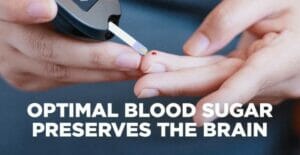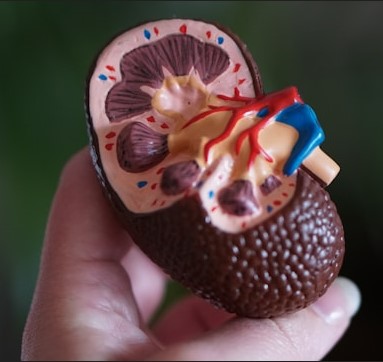Biomarkers for your brain health podcast is focused on being able to assess your likelihood for cognitive decline before it happens. In this podcast Dr Karen discusses biomarkers for you to assess your cognitive health
What Are Some Biomarkers for Brain Health?
 High-sensitivity C-reactive Protein (Hs-CRP)
High-sensitivity C-reactive Protein (Hs-CRP)
A high level of CRP in the blood is a marker of inflammation. It can be caused by a wide variety of conditions, from infection to cancer. traditional testing measures CRP within the range of 10 to 1,000 mg/L, whereas hs–CRP values range from 0.5 to 10 mg/L. In simpler terms, hs–CRP measures trace amounts of CRP in the blood.
Fasting Blood Sugar
This measures your blood sugar after an overnight fast (not eating). A fasting blood sugar level of 90 mg/dL or lower is normal, 100 to 125 mg/dL indicates you have prediabetes, and 126 mg/dL or higher indicates you have diabetes.
Fasting Insulin
The insulin fasting blood test is chiefly used as a test insulin levels and to diagnoses diabetes and insulin resistance.
Hemoglobin A1c
Tells you your average level of blood sugar over the past 2 to 3 months. It’s also called HbA1c, glycated hemoglobin test.
When glucose builds up in your blood, it binds to the hemoglobin in your red blood cells. The A1c test measures how much glucose is bound.
Red blood cells live for about 3 months, so the test shows the average level of glucose in your blood for the past 3 months.
Vitamin D
The 25–hydroxy vitamin D test is the best way to monitor vitamin D levelsThe optimal range of the total 25(OH)D level is 50-80 ng/m
Vitamin B12
Vitamin B12 is a nutrient that helps keep the body’s nerve and blood cells healthy and helps make DNA, the genetic material in all cells.
Homocysteine
Folic acid, vitamin B6, and vitamin B12 are all involved in breaking down homocysteine in the blood.
Vitamin B6
Vitamin B6, also known as pyridoxine, helps: the body to use and store energy from protein and carbohydrates in food and helps the body form haemoglobin, the substance in red blood cells that carries oxygen around the body.
OTHER BLOGS ON THIS TOPIC
Vitamin D Series PART 2 – Vitamin D and Your Health
NOTE This information is for general educational and informational purposes only and is not intended to diagnose, prevent, cure or treat any medical condition. It is not medical advice or intended to replace a one-on-one relationship with a doctor or health care professional. You must consult with your health care provider about medical questions, do your own research and make your own health care decisions based upon your own research and judgment in partnership with a qualified health care professional.’





























